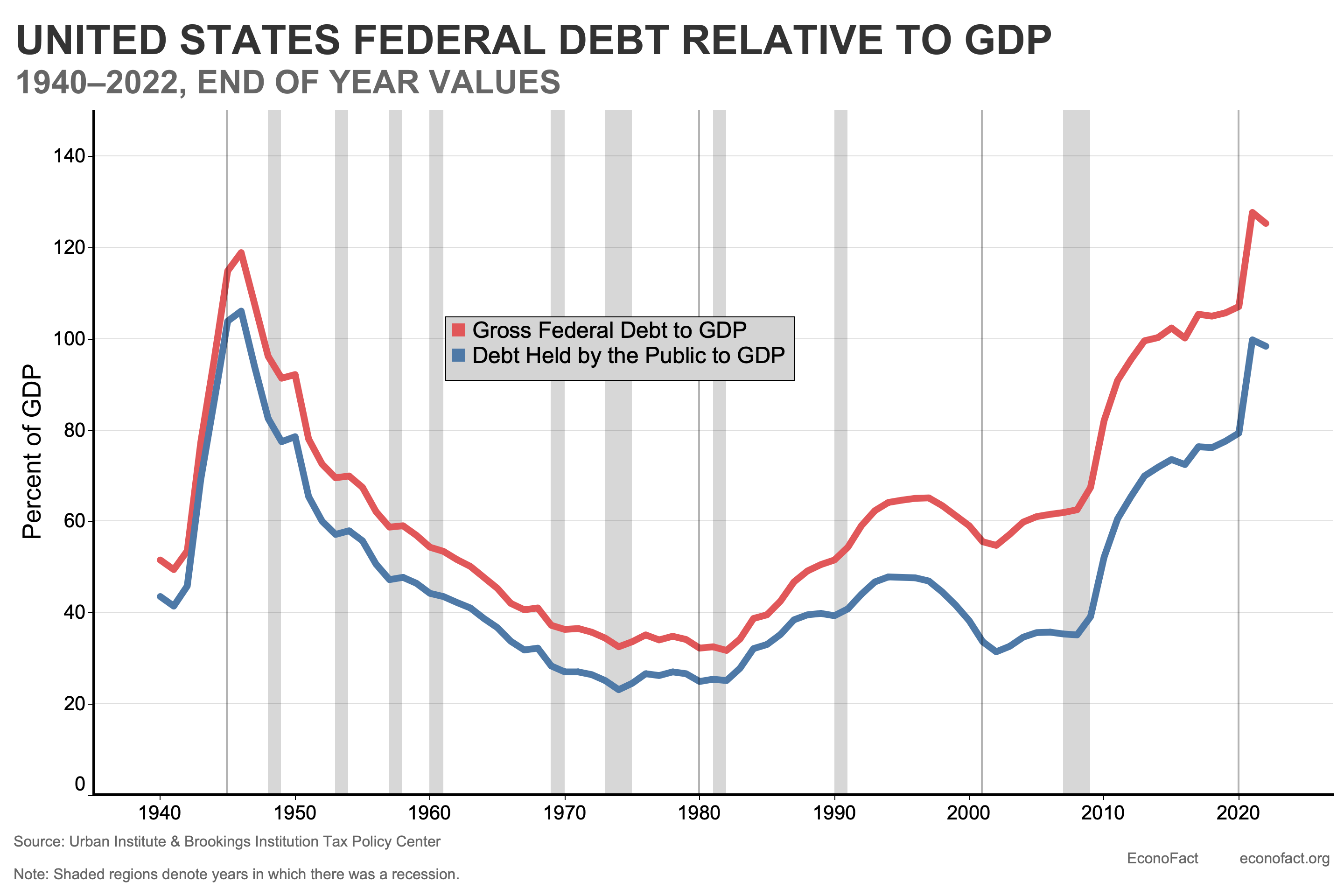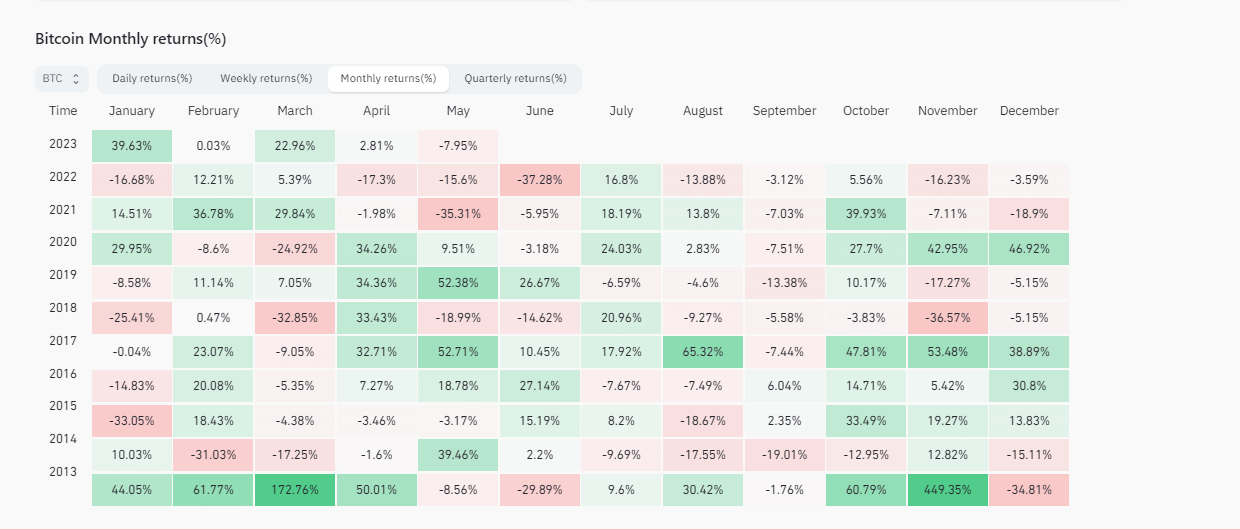Americans are teetering on the edge of a financial precipice, with many feeling the ground crumble beneath their feet. The financial landscape has morphed into a treacherous terrain, fraught with uncertainties and laden with pitfalls that threaten the very fabric of economic security. This is not your usual market fluctuation or a temporary setback. Nope, we’re talking about a seismic shift in financial sentiment, the likes of which we haven’t seen in a decade or more.
A staggering one-third of adult Americans are currently wrapped in a cloak of financial insecurity, as revealed by Northwestern Mutual’s 2024 Planning & Progress survey. This figure has seen a concerning rise from 27% in 2023, marking a record high since records began in 2012. Despite the economy showing signs of growth, the American populace has been subjected to a relentless barrage of economic disruptions, leaving many to wonder what fresh hell awaits around the corner. Christian Mitchell, the chief customer officer of the aforementioned company, pointed out the obvious: the economic roller coaster we’ve been riding hasn’t been all fun and games.
The Culprits Behind the Crisis
The villain in this financial horror story? The high cost of living. It’s like that uninvited guest who crashes your party and eats all the food. Over half of the survey’s respondents are bracing themselves for the pressure of rising prices to intensify, while a meager 9% could boast that their household income was sprinting ahead of inflation. Meanwhile, a good chunk believes inflation will stick around like that awkward relative who overstays their welcome.
Interestingly, despite the overall inflation rate slowing down, the relief hasn’t trickled down to Americans’ budgets. However, there’s a glimmer of hope as Costco, on March 8, announced price cuts on several items, perhaps signaling the start of a positive trend.
The general sentiment about the economy isn’t exactly rosy, with more than half of the survey participants gearing up for a recession. However, this is a slight improvement from the previous year, suggesting a cautious optimism or perhaps just resignation to fate.
Post inflation, the American populace is eyeing government dysfunction and the upcoming presidential election with wary eyes, viewing them as significant threats to their financial well-being. Other concerns include a potential recession, market volatility, and geopolitical conflicts, making it clear that the sources of financial anxiety are as diverse as they are complex.
A Glimpse into American Financial Strategies
Interestingly, amidst this turmoil, a larger portion of Americans are adopting a defensive stance towards their savings and investments. Cutting costs and bolstering savings have become the mantra for the majority, although a surprising number confess they’ll probably splurge the same amount, if not more, on dining, vacations, and entertainment. This paradox highlights the complex and often contradictory nature of consumer behavior in times of financial uncertainty.
The survey unveiled a significant drop in the number of Americans who consider themselves disciplined financial planners. This decline from 65% in 2020 to just 45% today speaks volumes about the prevailing financial disarray and the erosion of confidence in personal financial management.
Gen Z, in particular, seems poised to ramp up their discretionary spending, potentially setting the stage for a collision between aspirational spending and the harsh reality of an economic downturn. Northwestern Mutual’s Mitchell emphasizes the importance of embracing planning and discipline, reminiscent of the cautious approach widely adopted in 2020.
The recent State of the Union address by Joe Biden, peppered with vigor and direct appeals, underscored the administration’s focus on the economy. Yet, despite tangible improvements in economic conditions, the President struggles to garner approval for his economic policies. The FT-Michigan Ross poll underscores this disconnect, with a significant portion of the electorate feeling financially strained by price increases, despite acknowledging overall improvements in the economy.






